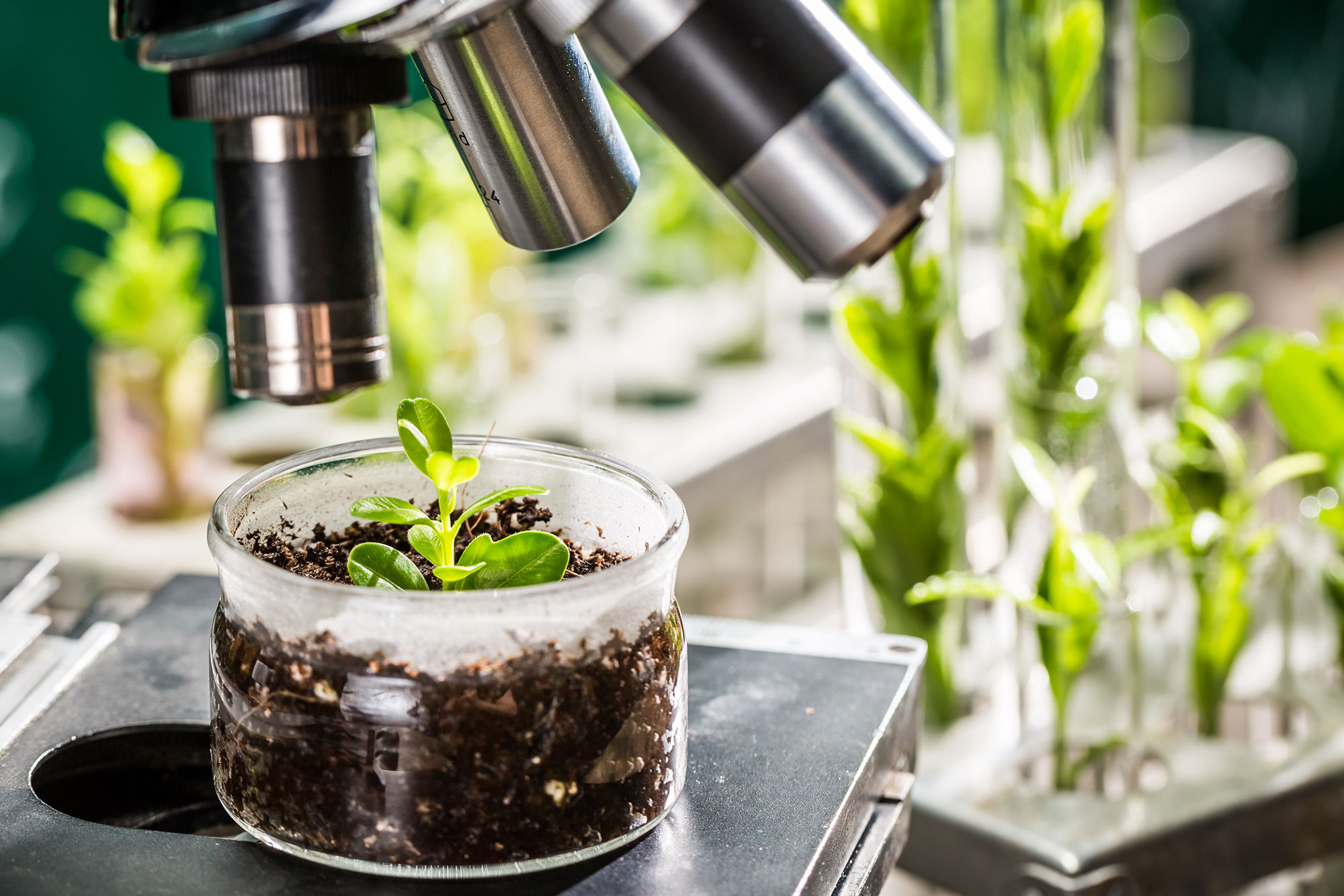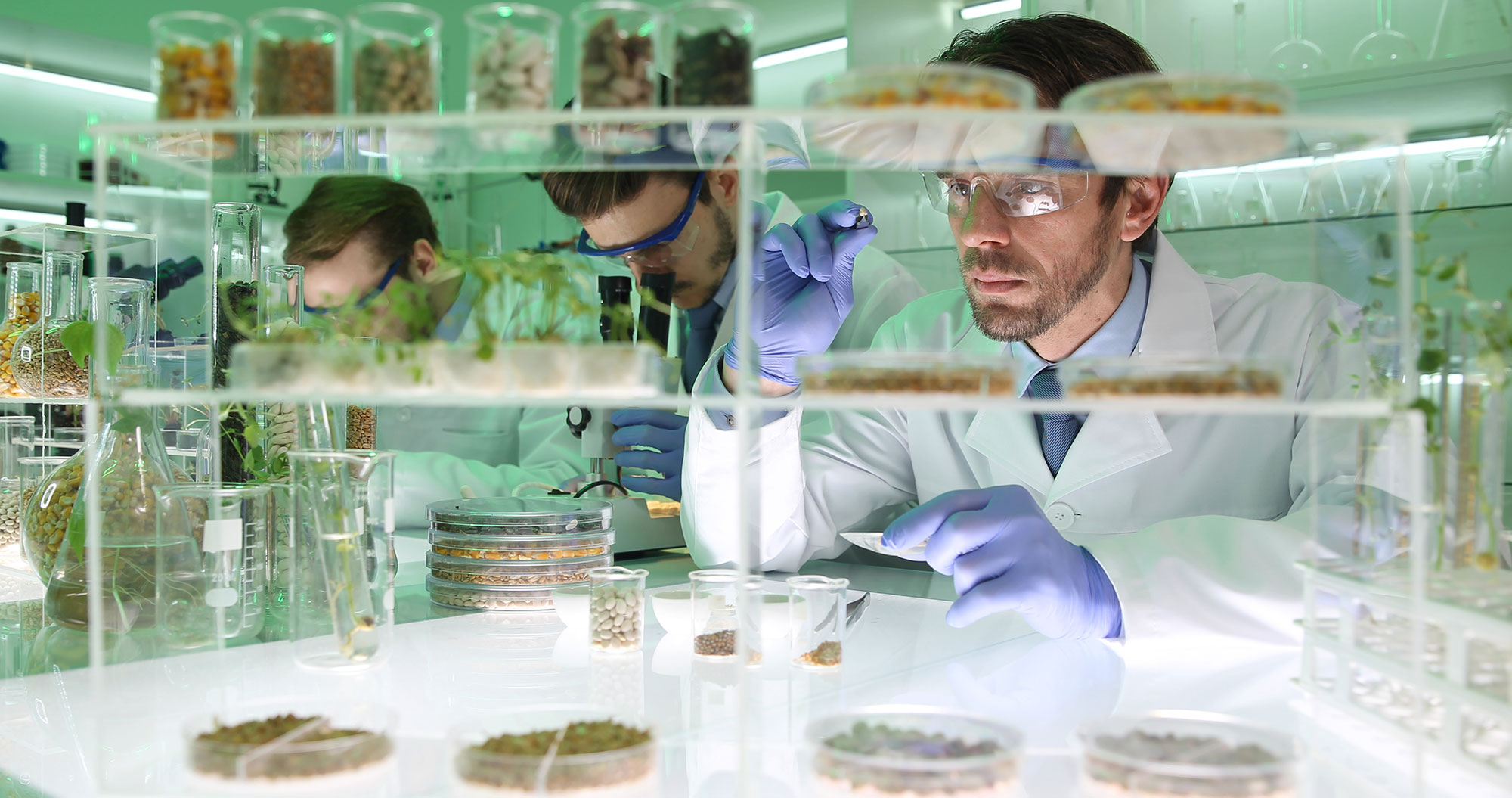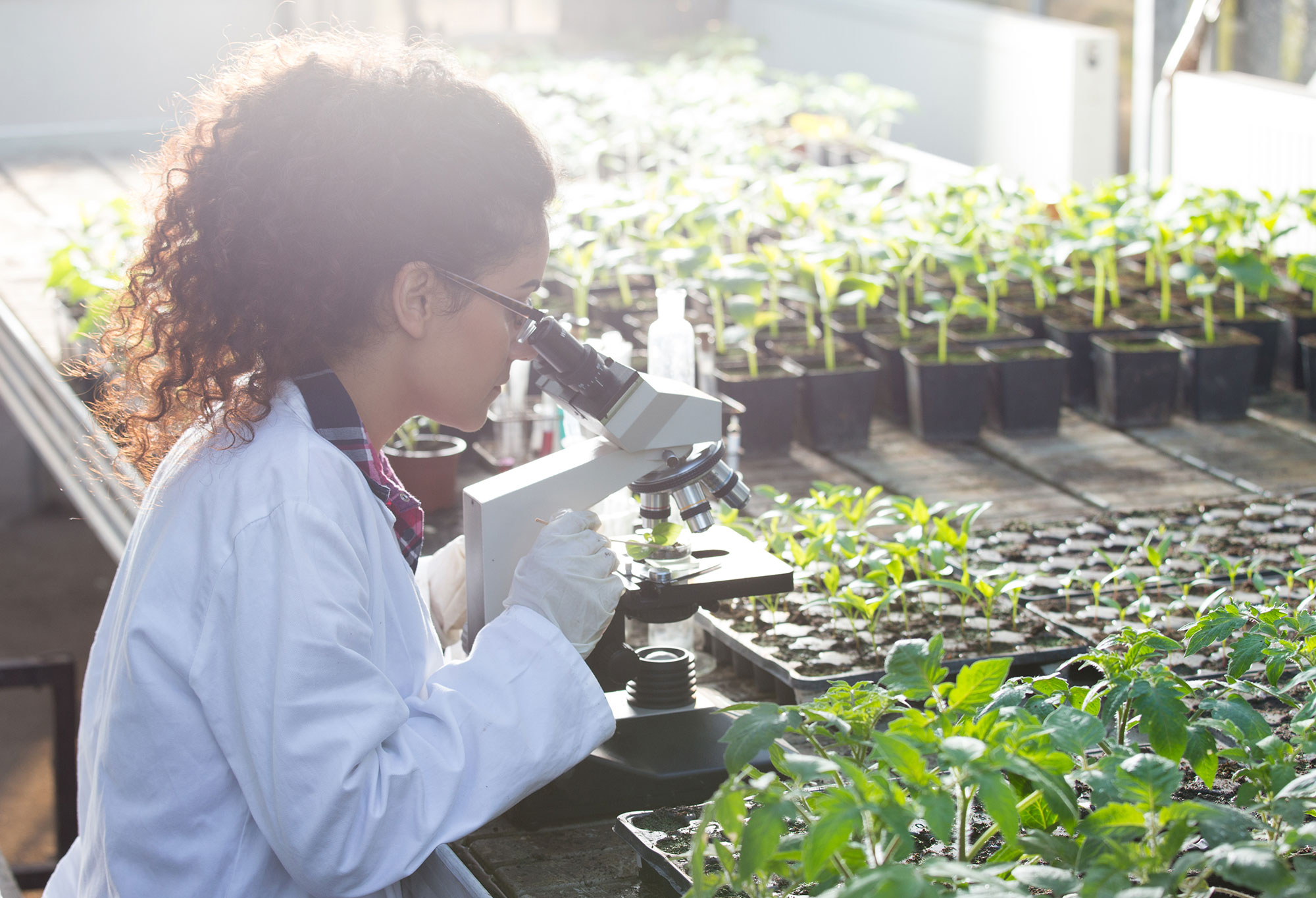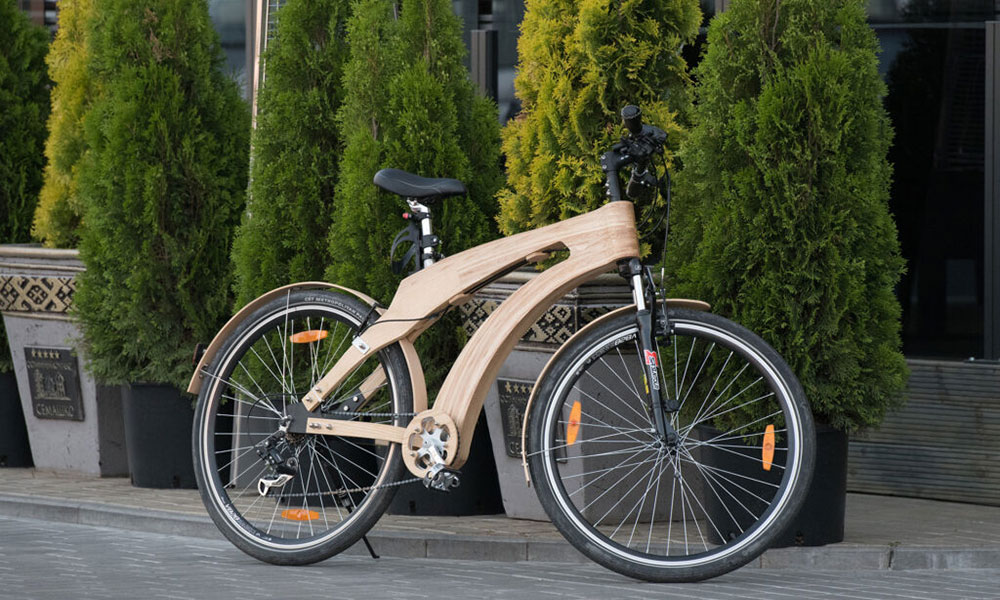Increasingly, the competitiveness of enterprises is based on new technologies and the capacity for innovation, as the result of extremely expensive and complex processes of technological development, especially for small and medium-sized enterprises.
Research Centres and Universities therefore represent key resources in advanced industrial societies because they ensure the transfer of knowledge to enterprises by helping them to achieve their objectives by improving their degree of competitiveness.
The collaboration of the Centre for Research and Universities towards Enterprises involves two communities with marked differences in culture, values and missions.
The orientation of companies towards a product innovation is no longer linked only to the purchase of new machines, but to projects development, laboratory tests, research of new materials, components and skills, search for technological partnerships both regional and international.


For this type of innovation, it is no longer enough to rely entirely on specialistic knowledge directly developed by entrepreneurs, but it is necessary to structure new forms of “relationships” in order to allow companies to access to advanced sources of knowledge and for the introduction of such knowledge into the company and production systems.
Thanks to the collaboration the technological transfer is achieved, through which research makes its innovations available to enterprises contributing to their economic development, creating an employment development,.
The research activity “on behalf of third parties” carried out by the Research Centres towards Companies has gradually increased in recent years because the world of public research is able to offer a wide range of “products” forming, thanks to cutting-edge structures and know-how, an excellent support for those companies that feel the demand and sometimes the need to outsource innovation.
The promotion of the transfer of knowledge between research organisations and enterprises is also replaced by national, regional and Community funding.
Tronchetto Research immediately became a reference point for Agroforestry Research in Italy, coordirating specific projects and using the collaboration of prestigious Universities and Research Centers in Italy and abroad.

PROGRAMS
Two specific research programmes to assess the influence of different doses of mineral fertilizer and water on the qualitative-quantitative production of timber by a Paulownia clone:
- University of Milan – Department of Agricultural and Environmental Sciences – Production, Territory, Agroenergy
- CREA – Council for Research in Agriculture and Analysis of Agricultural Economics – Research Unit for Wood Production Outside Forest (PLF) of Casale Monferrato
A specific research program to genetically improve a specific clone of the Paulownia tree through experimentation, verifying the influence of different technological links:
- University of Agriculture and Veterinary Medicine Bucarest – Faculty of Biotechnologies
Memoranda of Understanding for the development of research programmes with important economic potential and to safeguard the environment by involving some institutes of the National Research Council in Italy and Universities:
- CNR – National Research Council – Institute for the Enhancement of Wood and Tree Species (IVALSA) of Sesto Fiorentino
- University of Genoa – Department of Industrial Chemistry and Chemistry (DCCI) of Genoa
- CNR – National Research Council – Institute for the Study of Macromolecules (ISMAC) in Biella
- CNR – National Research Council – Institute for Composite Polymers and Biomaterial (IPCB) of Lecco and Portici
Research programmes to achieve important objectives in the field of eco-sustainability:
- Development of a hi-tech fabric with special characteristics for performance and innovation (ecological textile fibers, sustainable fashion, textile innovation)
- Development of a new filtering membrane (in food, pharmaceutical and industrial sectors)
- Development of bioplastic products to replace PVC and plastics (production of food containers, cutlery, accessories)
- Development of new materials
- New technologies




